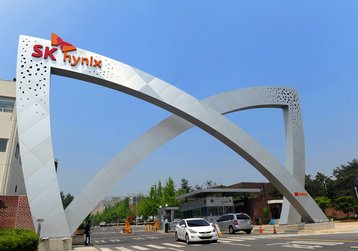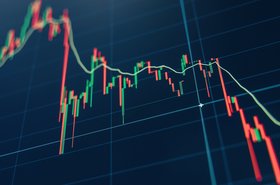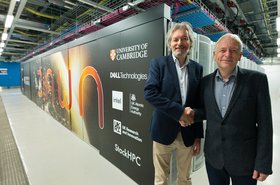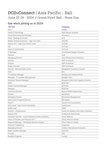Memory chipmaker SK Hynix has posted its highest quarterly profits for six years, citing strong demand for HBM (high bandwidth memory) needed for generative AI chipsets.
Speaking on an earnings call after the Q2 2024 results were published, head of DRAM marketing Kim Kyu Hyun said that the company expected HBM shipments in 2025 to be double what has been seen this year.
In the quarter spanning April to June 2024, SK Hynix reported operating profits of 5.47 trillion won ($3.96 billion), the highest seen by the company since the third quarter of 2018. Quarter over quarter, HBM sales went up by more than 80 percent and by more than 250 percent compared to the same period last year.
Quarter over quarter eSSD sales also grew by 50 percent.
Total revenue rose 125 percent from 7.3 trillion won ($5.29bn) a year ago to a record 16.4 trillion won ($11.86 billion) during this quarter.
SK Hynix is the world’s second-largest memory chipmaker and the primary supplier of HBM to Nvidia for the chip designers’ GPUs. In May, the company said its HBM chips had sold out for this year and are almost sold out for 2025.
The company plans to start shipping its 12-layer HBM3E in Q4 2024, with HBM4 following in the second half of 2025.
Earlier this month, it was reported that SK Hynix has plans to strengthen its business by investing 103 trillion won ($74.6 billion) in AI technologies over the next three years.
In the past 12 months, it has announced a host of large global investments, including a new 5.3 trillion won ($3.86 billion) dynamic random access memory (DRAM) chip fab in South Korea and a $3.87bn advanced chip packaging facility in West Lafayette, Indiana.
The company also has plans to invest 122 trillion won ($91bn) to build a memory production facility in Yongin, in South Korea’s Gyeonggi Province, as part of the government’s plans to build a semiconductor mega cluster.
In its earnings release briefing materials, SK Hynix said it plans to start construction of the first fab of the Yongin semiconductor cluster in March next year and complete it in May 2027.







